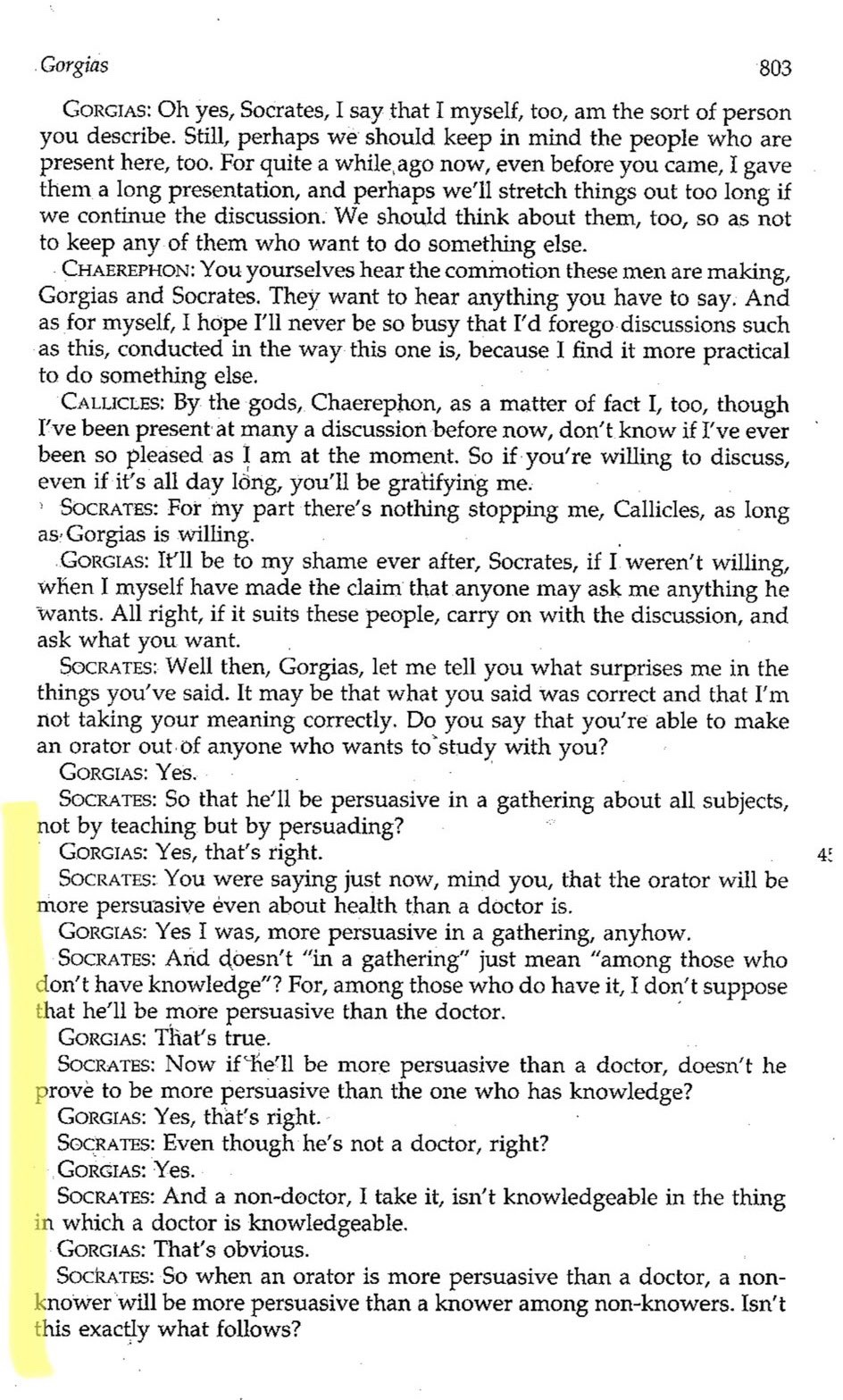
False Debates Equivalence: The Battle for Truth and Credibility
Introduction:
In the realm of public discourse, false debates equivalence has become a concerning phenomenon. This concept revolves around the idea that giving equal attention and credibility to fringe ideas, regardless of their lack of evidence or factual basis, inadvertently bolsters their standing in the broader discourse. However, it is crucial to recognize that falsehoods do not succeed by becoming true; rather, they thrive by eroding the concept of truth itself. This essay explores the implications of false debates equivalence and highlights the need for discernment in navigating the intricate landscape of information and ideas.
The Credibility Boost:
One of the main concerns surrounding false debates equivalence lies in the inadvertent credibility boost it provides to fringe ideas. By granting them equal footing with well-established, evidence-based concepts, there is a risk of misleading the public and diluting the value of informed, verifiable knowledge. When false claims are elevated to the same level as well-supported ideas, the lines between fact and fiction become blurred, undermining the foundation upon which reasoned discourse and informed decision-making are built.
The Erosion of Truth:
Falsehoods do not prevail by transforming into truths; instead, they gain traction by eroding the very concept of truth. When all ideas are treated as equal, regardless of their factual basis, skepticism and confusion permeate the discourse, making it increasingly difficult to discern fact from fiction. In this environment, objective reality becomes malleable, allowing misinformation and disinformation to flourish. The erosion of truth creates a fragmented landscape where multiple narratives vie for attention, hindering the pursuit of shared understanding and impeding collective progress.
Different Fight, Different Tactics:
Addressing false debates equivalence requires a recognition that it represents a different kind of battle—one that necessitates different tactics and win conditions. The focus should shift from attempting to “win” debates through logical arguments and evidence alone, to also considering the broader context in which these debates take place. Efforts should be directed toward strengthening critical thinking skills, promoting media literacy, and fostering a culture of fact-checking. Engaging in open and respectful dialogue while challenging unfounded assertions can help reestablish the value of truth and evidence-based reasoning.
Conclusion:
False debates equivalence poses a significant challenge to the integrity of public discourse. Granting unwarranted credibility to fringe ideas not only skews the perception of truth but also undermines the importance of evidence and reasoned argumentation. Instead of pursuing a singular victory in individual debates, it is imperative to recognize that the battle against falsehoods requires a broader approach. By prioritizing the cultivation of critical thinking skills, promoting media literacy, and fostering an environment where truth and evidence hold weight, we can begin to restore the integrity of public discourse and guard against the erosion of truth.
Ultimately, combating false debates equivalence involves embracing the responsibility to actively seek out reliable information, critically analyze ideas, and engage in respectful yet discerning discussions. By doing so, we can forge a path towards a more informed and truth-oriented society, where the credibility of ideas is earned through evidence and reasoned inquiry rather than granted indiscriminately.